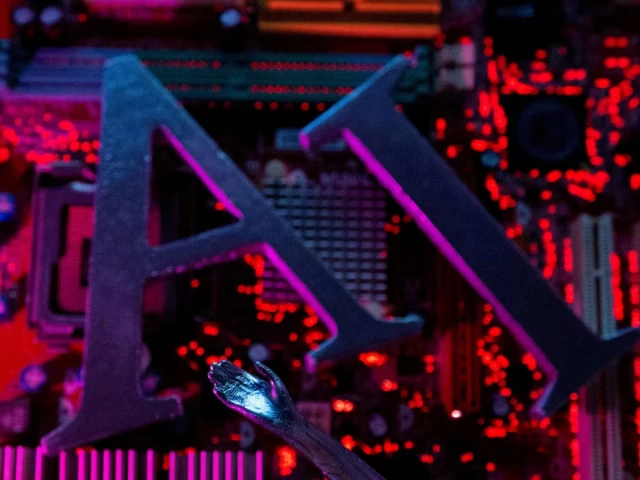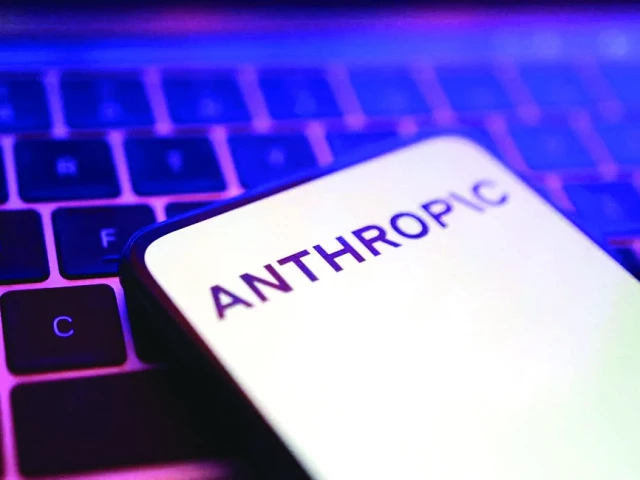The Future of Artificial Superintelligence: What to Expect by 2030
The buzz surrounding artificial superintelligence (ASI) often feels like the plot of a sci-fi novel coming to life. With some experts, like OpenAI’s CEO Sam Altman, predicting its arrival by the end of the decade, we’re beginning to ask: what will ASI actually mean for us? Zhang Peng, CEO of Zhipu AI, a leading AI startup in China, shared some intriguing thoughts about this rapidly evolving technology.
During a recent event, Zhang pointed out that while ASI may outperform humans in certain areas by as early as 2030, it will likely still fall short in many aspects of human intelligence. This perspective emphasizes the complexity of AI development. Achieving human-like intelligence isn’t just about speed or data processing; it involves understanding nuances, emotions, and the instincts that guide human behavior.
Zhipu AI, founded just a few years ago, is already making waves in the AI landscape. With a lineup that includes their latest large language model, GLM-4.6, the company is pushing boundaries in AI capabilities. This model not only enhances coding and reasoning but also offers improved writing functionalities—aiming to compete directly with industry leaders in the enterprise sector.
As AI becomes more widely adopted, particularly in consumer markets, Zhang believes the tide may turn. While Chinese consumers have traditionally been less incentivized to pay for AI services compared to their American counterparts, changing perceptions about the value of AI could lead to increased acceptance. The more people understand AI’s potential, the more likely they are to invest in it.
That said, there are still hurdles to navigate. Zhipu AI is bracing for these challenges as they expand into international markets. Though they won’t directly compete with US models for consumer subscriptions just yet, they are carving out a niche within enterprise solutions, focusing on companies that need high-level AI integration.
In conclusion, as we move toward 2030, the landscape of artificial superintelligence promises to be complex and multifaceted. While it might excel in certain areas, the overall picture will be nuanced, reflecting both strengths and limitations. Staying updated on these developments is essential for anyone curious about the future of technology. If you’re interested in discussing these trends further or want to dive deeper into the AI field, connecting with resources like Pro21st can provide valuable insights and guidance. Let’s embrace the future together!





